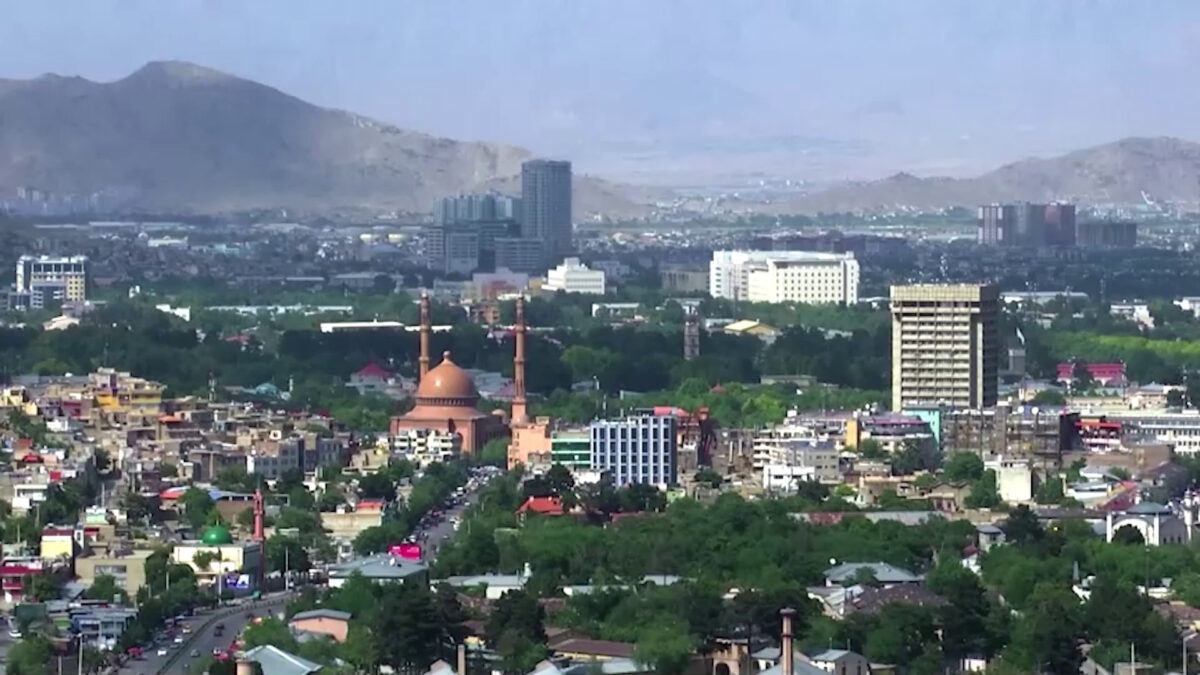The solar year 1402 (March 2023 to March 19, 2024) marked another year of security challenges in Afghanistan’s history. According to the United Nations, the country witnessed 4,181 security incidents, including 17 attacks by the Daesh’s Khorasan branch. These incidents led to the deaths of 117 individuals and injured 311 others.
In 1402, the United Nations Security Council, in its annual report, underscored the continuous threat posed by Daesh in Afghanistan. It also revealed that al-Qaeda had established eight training centers and a weapons depot within the country under Taliban rule.
The year saw targeted attacks by Daesh against civilians, notably among the Hazara and Shia communities, and against Taliban officials. Among those killed by ISIS were Safiullah Samim, former Taliban police commander in Baghlan, and Nisar Ahmad Ahmadi, a Taliban leader in Badakhshan.
Incidents attributed to Daesh’s Khorasan branch included:
- An attack on a Shiite and Hazara mosque in Baghlan.
- An assault on a stadium in west Kabul.
- A bombing targeting a passenger car in west Kabul.
- An attack against the Taliban leader in Badakhshan.
- An assault during the funeral ceremony of a Taliban leader in Badakhshan.
- Attack on a minivan in west Kabul.
- An attack on employees of Pul-e-Charkhi prison in Kabul.
- An assault near the Ministry of Foreign Affairs.
In addition to threat by Daesh, the UN Security Council’s annual report acknowledged the group’s capability to execute plans in the region and beyond.
Haidar Afzali, a member of the House of Representatives from the previous government, commented on the increase in operations by Taliban opponents throughout the country and the active presence of terrorist networks, including Daesh, capable of conducting operations both within and outside Afghanistan.
“From the point of view of the opponents of the Taliban, we see that the number of their operations has increased throughout the country and has an upward graph. In the discussion of terrorist networks that are active inside Afghanistan, such as ISIS, we see that they have been able to carry out their operations both inside Afghanistan and to plan their external operations,” Afzali said.
The United Nations also documented three border incidents with Tajikistan and six with Pakistan, along with clashes between the Taliban and Pakistani forces, including a significant engagement along the Durand Line in Paktia.
Notably, in the closing days of 1402, Pakistani fighter jets conducted airstrikes on parts of Khost and Paktika provinces, confirmed by the Taliban, which resulted in the deaths of 8 individuals, including three children and five women. The Taliban condemned these attacks as violations of Afghanistan’s sovereignty, while Islamabad justified them as actions against terrorist elements.
The UN reports detailed the series of border incidents and conflicts, underscoring a volatile security environment characterized by:
- Three border incidents with Tajikistan.
- Six border incidents with Pakistan.
- Clashes between Taliban and Pakistani forces.
- A border clash between Taliban and Iranian forces.
The United Nations cited these incidents as contributing factors to the 117 deaths and 311 injuries reported in 1402.
The year also saw attacks by military fronts opposed to the Taliban, including the Freedom Front led by Yasin Zia, the National Resistance Front led by Ahmad Massoud, and the Afghanistan Freedom Movement, which carried out 42 attacks across 12 provinces.
In reports covering the months of Scorpio, Sagittarius, and Gemini, the United Nations highlighted the Azadi Front’s 24 attacks among the military fronts opposing the Taliban. Other anti-Taliban military fronts claimed more attacks against the regime.
The United Nations Security Council expressed concern over al-Qaeda’s activities in Afghanistan, reporting the establishment of new training centers and a weapons depot.
Residents of Kabul have voiced concerns over the deteriorating security situation, marked by robberies, murders, car thefts, guerrilla warfare, and targeted killings, particularly against the Hazara community.
Despite these challenges, the Taliban asserts that it has ensured security within the country and that Afghanistan poses no threat to the region or the world. Nonetheless, neighboring countries like Iran, Pakistan, and Tajikistan have strengthened their borders in response to the regional threats posed by Daesh’s Khorasan branch, Tehrik-i-Taliban Pakistan (TTP), and Jaish al-Adl.
This comprehensive account highlights the complex and multifaceted security challenges faced by Afghanistan in solar year 1402, underscoring the ongoing threats from terrorist organizations and the impact on the nation’s stability and regional relations.





